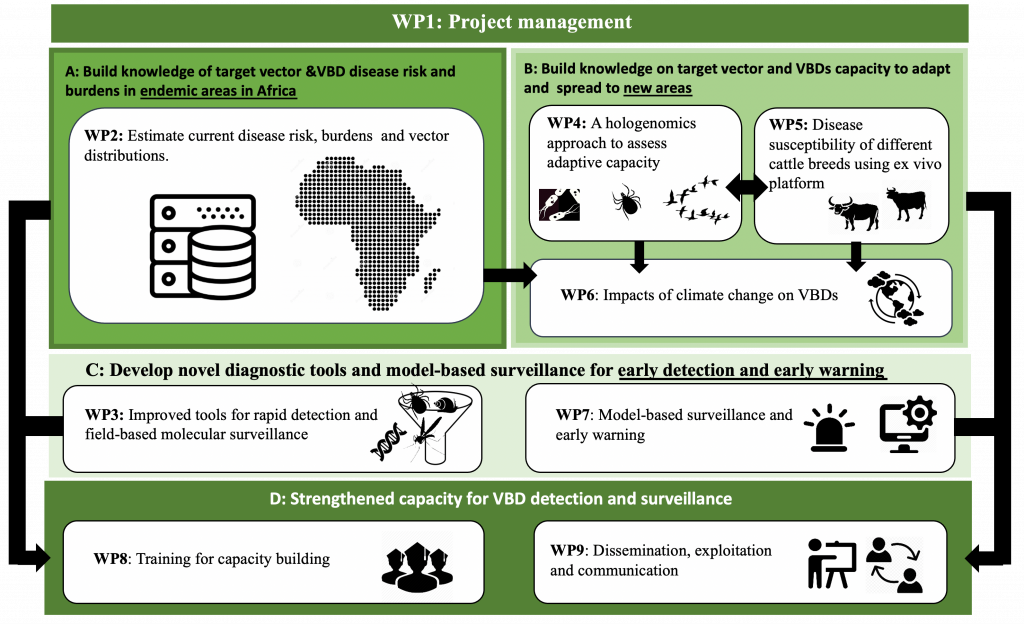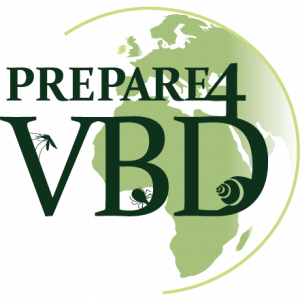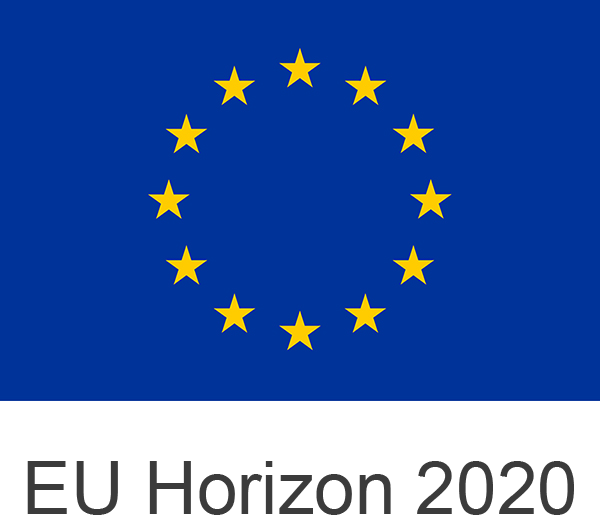A Cross-Disciplinary Alliance to Identify, PREdict and prePARe for Emerging Vector-Borne Diseases
This project has received funding from the European Union’s Horizon 2020 research and innovation programme under grant agreement No. 101000365
Preparing Africa and Europe for a new era of invasive vectors and emerging zoonotic vector-borne diseases under climate change and globalization
PREPARE4VBD in brief
PREPARE4VBD is a multi-disciplinary consortium that brings together 10 university and ministerial partners from 5 African and 3 European countries, united to adress a future with increasingly changing global patterns of zoonotic vector-borne diseases through a holistic, pro-active approach that reaches beyond specific diseases, vector species, borders or scientific disciplines
PREPARE4VBD will develop new knowledge, detection tools and surveillance systems to improve preparedness in Africa and Europe for vector-borne diseases transmitted by mosquitoes, ticks and freshwater snails to livestock and humans.
It is a four year research project, that runs from 2021 – 2025 and has received 6 million euro in funding from the European Union’s Horizon 2020 research and innovation programme under grant agreement No. 101000365
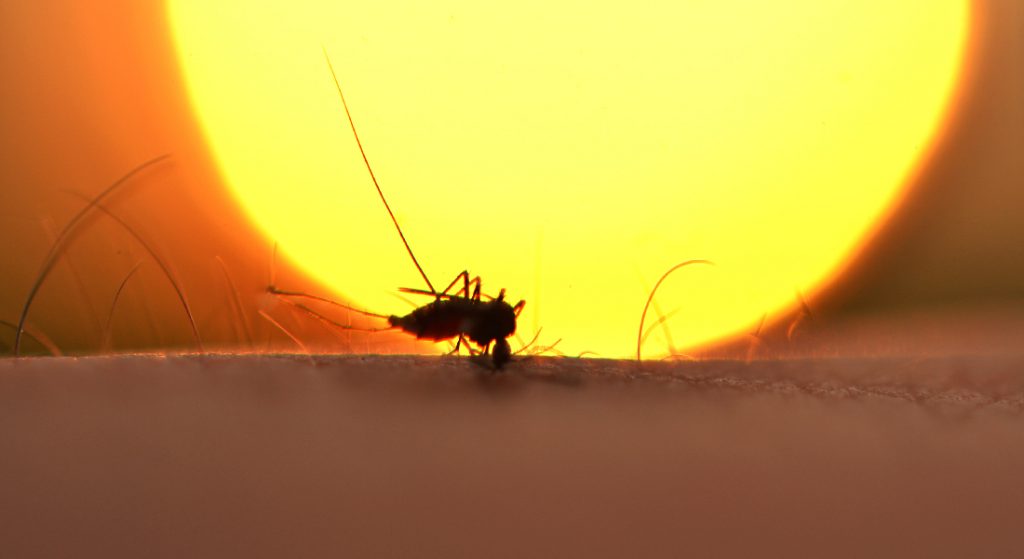
The PREPARE4VBD approach
PREPARE4VBD will create a broad, conceptual knowledge that reaches beyond specific vector-borne diseases, organisms or disciplines traditionally operating in “siloes”, to prepare for a new era of a diverse set of invasive vectors and emerging vectorborne diseases under climate change and globalization.
Our approach is:
- pro-active, rather than re-active – seeking to prevent and control zoonotic tick- mosquito and snail-borne diseases at the early phases of emergence and outbreak
- cross-organismal: “casting the net wide” to address a diverse range of zoonotic vectorborne diseases and enable cross-organismal learning and integrated and synergistic approaches to VBD surveillance, prevention and control.
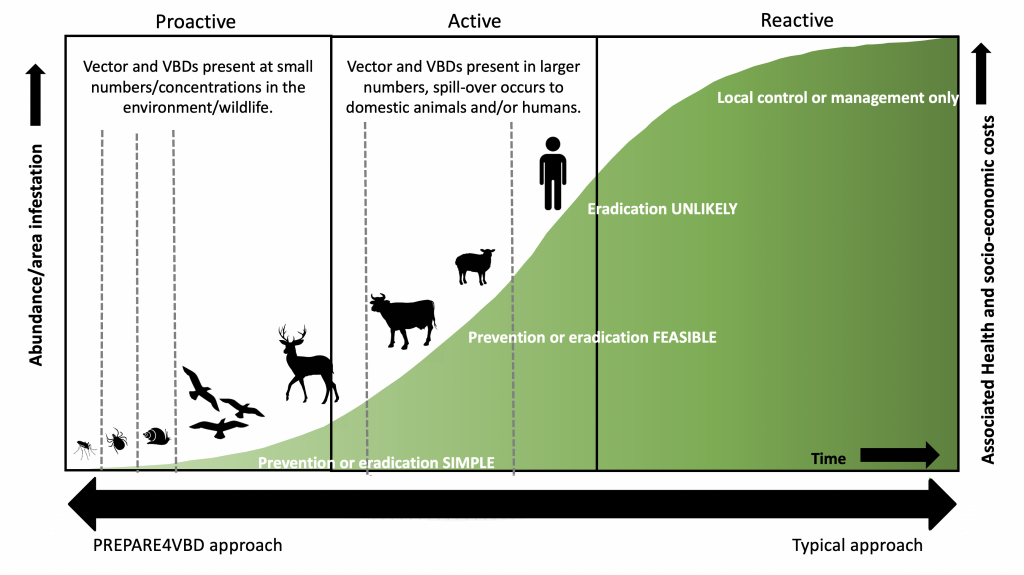
The PREPARE4VBD framework and work package organization
The PREPARE4VBD framework will enable the integration of different existing and novel data on zoonotic vector-borne diseases and tools to:
A) build knowledge of neglected tick-, mosquito- and snailborne VBDs of importance for animal and human health in endemic African countries
B) assess their capacity to adapt and spread to new areas using a holo-genomics approach and climate change impact modelling,
C) supported by novel diagnostic tools for new and rapid VBD discoveries and model-based surveillance for early warning, and
D) strengthening the capacity for surveillance and detection of the targeted VBDs through training and effective communication of project results and dissemination of freely available data and tools to consortium partners and other relevant stakeholders.
